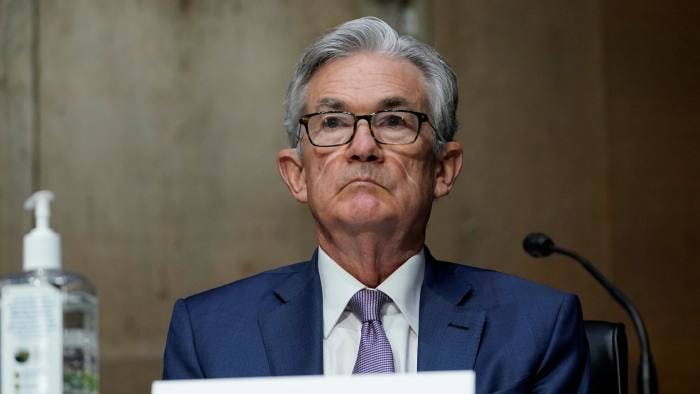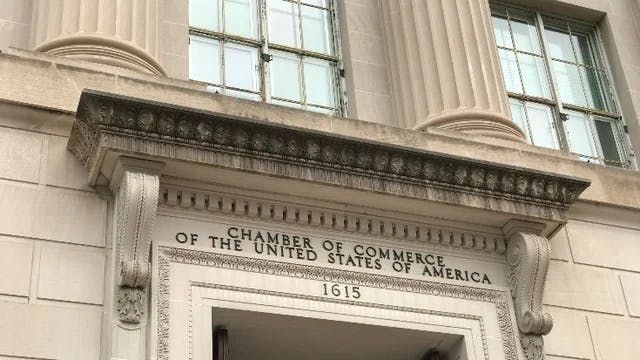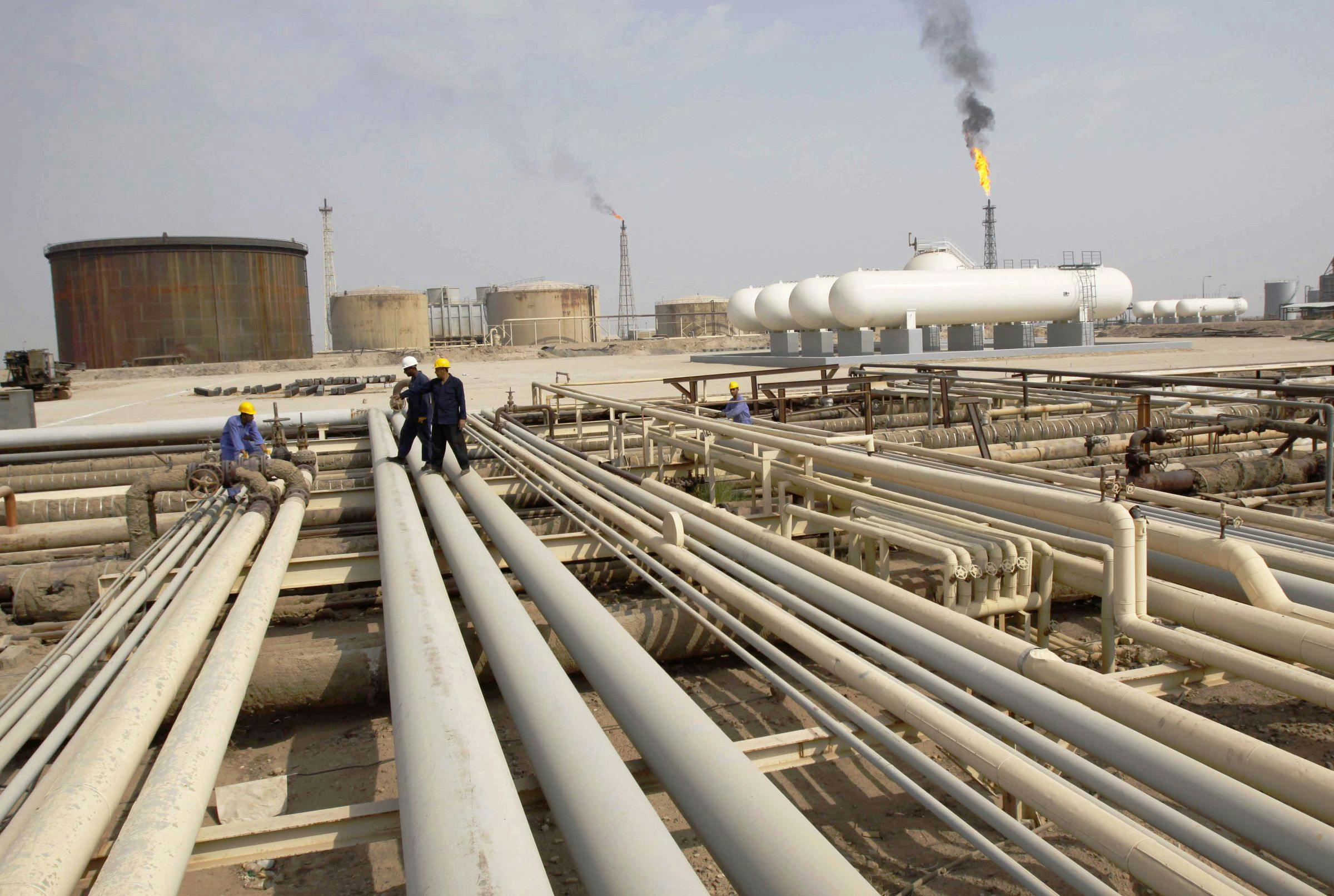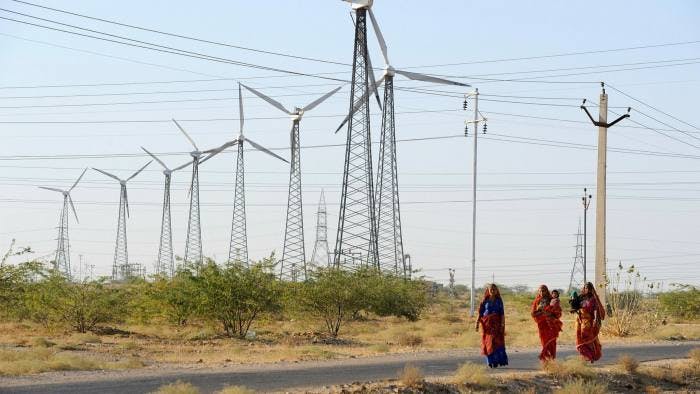 Financial Times
Financial Times
Chinese Central Bank Governor Backs Push For Climate Risk Disclosure
The Chinese central bank indicated it would throw its weight behind the development of a standardized international climate reporting framework on Friday, after starting “stress testing” of its financial sector in relation to the risks posed by global warming.
The People’s Bank of China plans to introduce “mandatory disclosure of climate-related information,” said governor Yi Gang, speaking at a conference hosted by the Bank for International Settlements, the so-called central bankers’ bank. He did not outline a timeframe for doing so.
Read more The Hill
The Hill
Environmental Groups Call On Members To Leave Chamber of Commerce Over Climate Stances
A coalition of 28 environmental groups called on major corporate members of the U.S. Chamber of Commerce to leave the trade group unless it ends lobbying on behalf of the fossil fuel industry.
In a letter shared with The Hill, signatories said that despite lobbying on climate issues by some members, the Chamber’s actions on climate issues have been predominantly “some limited rhetoric.” It cites a report by Royal Dutch Shell that noted the Chamber has not taken a position on either net-zero emissions goals or carbon pricing, and has also not issued a statement on carbon capture.
Read more Grist
Grist
How Bankruptcy Lets Oil And Gas Companies Evade Cleanup Rules
A battle over who is responsible for cleaning up hundreds of oil and gas rigs in the Gulf of Mexico is quietly playing out in a bankruptcy court in southern Texas. The contestants in this game of fossil fuel infrastructure hot potato: Fieldwood Energy, an offshore drilling company attempting to offload more than $7 billion in environmental cleanup responsibilities; a group of oil majors including Chevron, Marathon Oil, and BP; and the Department of the Interior.*
Fieldwood has declared bankruptcy, and a court is considering the company’s plan to split its assets, moving older legacy wells and drilling rigs that are expensive to clean up into two entities while creating a new company — appropriately named NewCo — to purchase the more profitable assets.
Read more Bloomberg
Bloomberg
The Retreat Of Exxon And The Oil Majors Won’t Stop Fossil Fuel
When Exxon Mobil Corp. decided to get out of a big oil field in Iraq, the government took on the unusual role of salesman. Iraqi officials pitched West Qurna-1 to likely buyers from among Exxon’s supermajor peers, including arch-rival Chevron Corp. There weren’t any takers.
That left Iraq with narrowed options: sell to one of China’s state-backed oil majors, or else buy back Exxon’s stake itself. The sale process remains unresolved but either outcome would stand as a powerful indicator of what’s become of the global oil market. With supermajors from the U.S. and Europe in retreat around the world, national oil champions are set to fill the void.
Read more Financial Times
Financial Times
Big Oil’s Political Clout Wanes as Governments Embrace Green Energy
The handshake between then UK prime minister Tony Blair and Muammer Gaddafi in the desert in 2007 was not just the moment the Libyan leader cemented ties with an old foe. It was also a stark symbol of the role “Big Oil” played in foreign policy.
BP sealed a significant exploration deal on the same trip, which capped its efforts to nudge the UK government to re-establish ties with the late North African dictator while opening access to huge hydrocarbon resources on Europe’s doorstep.
Read more